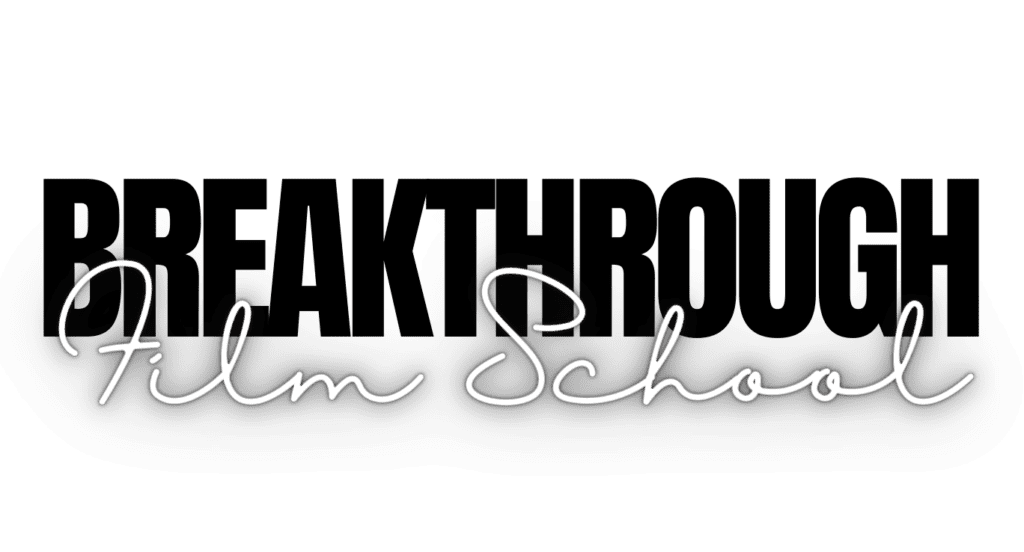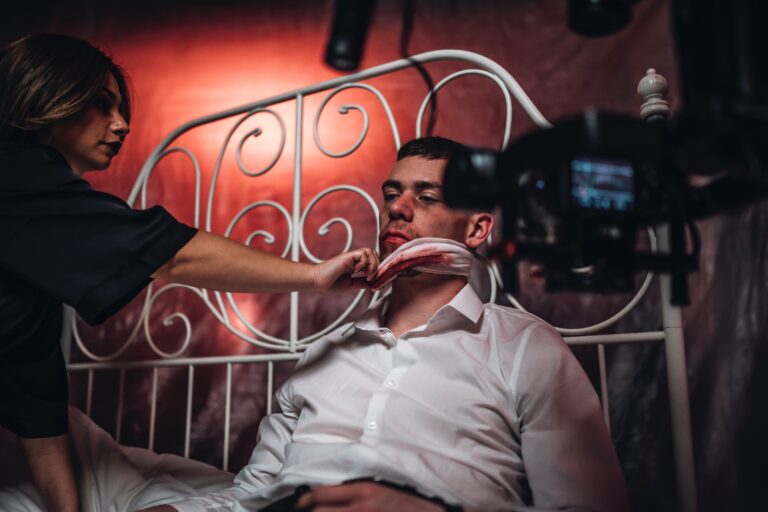The Actor's Greatest Challenge
I am frequently communicating to actors and students...
…that the greatest challenge an actor faces isn’t a technical one, it’s a human one. My own experiences and observations have taught me the truth of this statement — including triumphs though more usually frustrations. Through my own struggles and what I now see in my students,
…the “human challenge” for me is the elephant in the room…
….that has become the essence of my teaching.

Naturally, this kind of statement leads to some raised eyebrows and squinted looks — skeptical yet curious — and the conversation inevitably leads to a greater explanation on my part. While there are numerous directions that this can be taken, I will do my best to share my meaning in some general terms.
In essence, it could be said that the problem I experienced and see still is about need. While attempting to fulfill the demands of the role there is also some personal need or needs operating in the background. Needing approval, needing to be great, needing to be right, needing to be the best, needing to be recognized, needing to get the part, needing not to screw up, needing to impress… needing to be something. And that something isn’t who we think or feel ourselves to be right now.
Within all of this need, the actor has no freedom. It is an invisible but no less real prison leading to contrived performance lacking in confidence.
So long as these types of needs play a present role in our being, they will colour any attempted work.
Every choice, interpretation, expression is unavoidably shaped and influenced by this need as they will always in some way be in service to “it” instead of the truth.
As a result, the actor continually relies more and more heavily on techniques to save them, losing trust in themselves, and slowly but surely replaces their own inherent humanity with concepts of it. Paradoxically the need makes its own aims less likely to be fulfilled.
As such, much of what I spend my time doing as a teacher is to help guide the student in realizing they are good enough as they are in who they are. To leave themselves alone and trust their humanity. You may be surprised at how great a challenge this can present.
As this begins to take root, however, the work takes on extraordinary qualities — incredible attention, presence, and profound responsiveness to the truth of what is happening. The actor begins to connect and trust in their own inherent humanity and so it can emerge fully — which is perhaps the essential ingredient.
It is from this point where the actor is now free to explore character, story, and performance in a way that is actually meaningful, and technique is assigned its proper place.
And so I say once more,
(for a more in depth approach to you can read Evan C. Schulte’s book “The Actor’s Awakening” or contact him directly at www.theactorsawakening.com)





